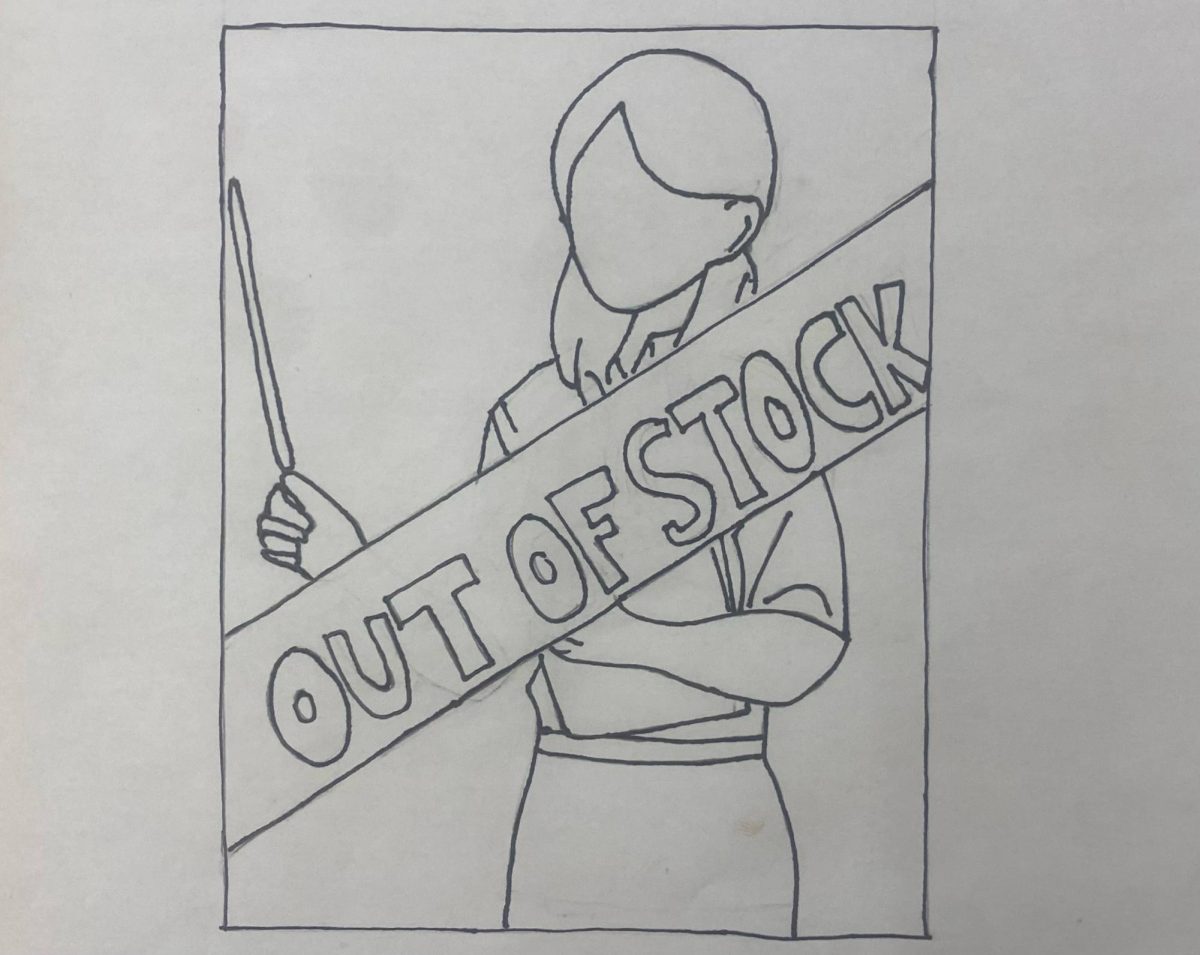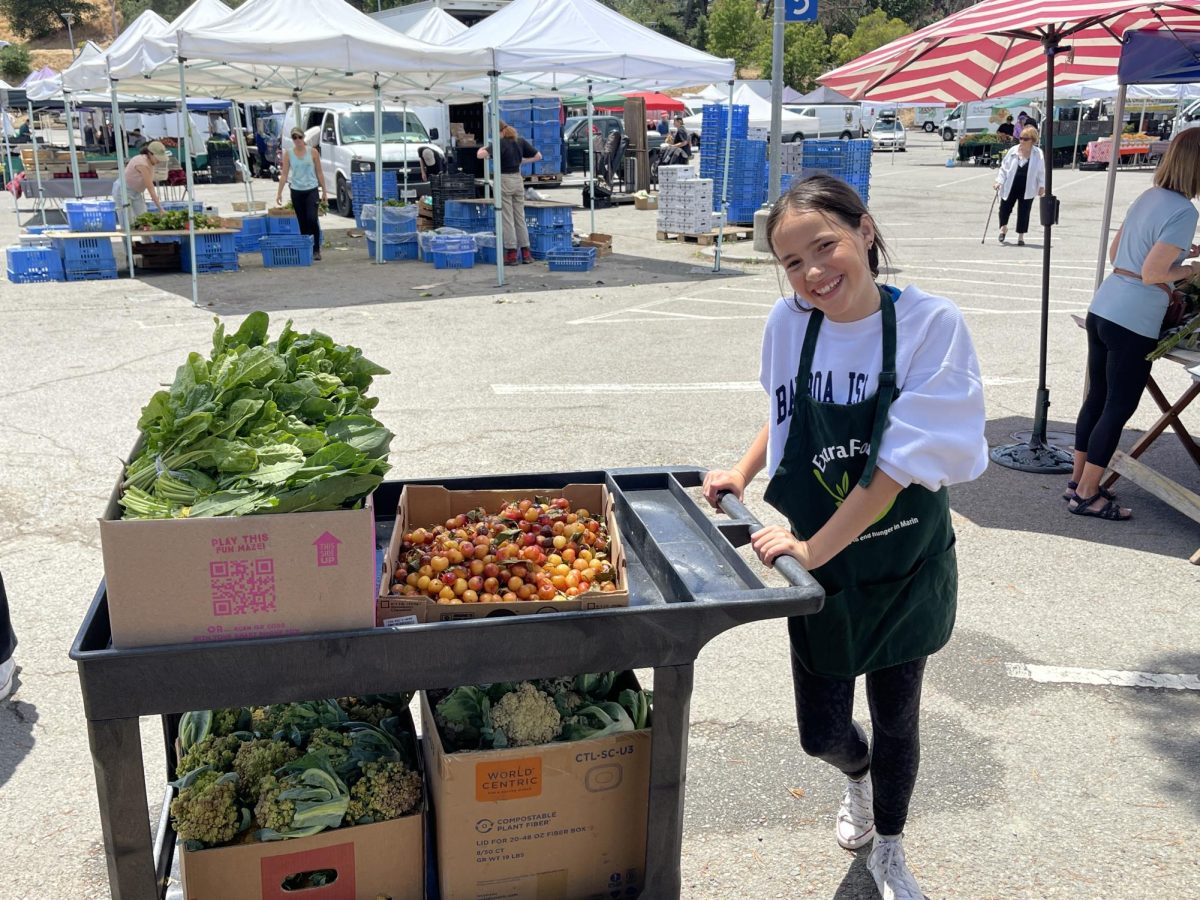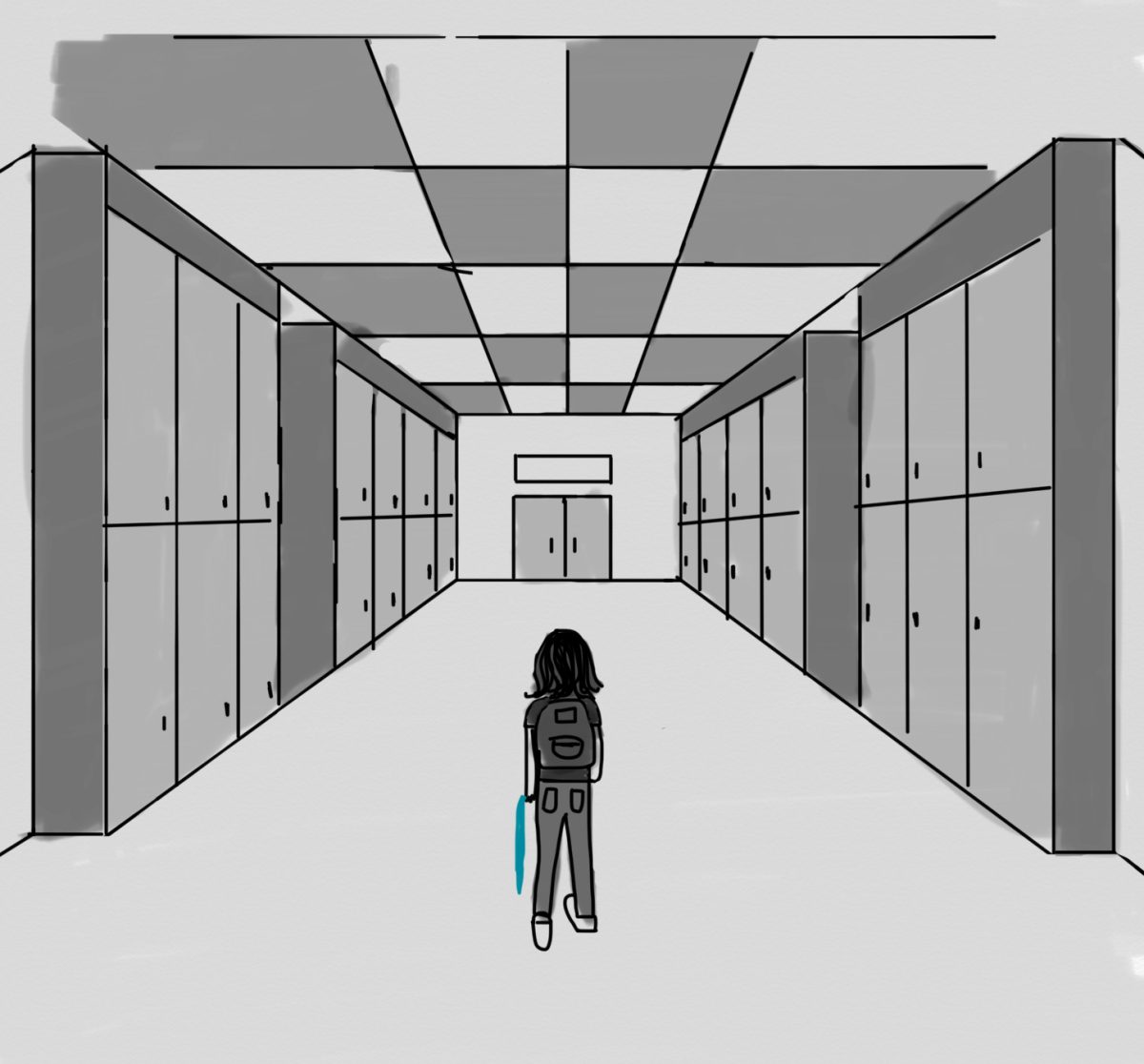A majority of the senior class is currently how to invest and manage their money by participating in a virtual stock market competition.
Each economics class is in its own “league,” in which each student is given $100,000 in virtual money. Students are then given the liberty to invest in almost anything.
“Originally, I wanted to go with a high-risk, high-reward type investment strategy,” senior Joey Poen said. “I invested a lot in pharmaceuticals because I wanted to put a lot in and try to see if I could get a lot out.”
The strategy paid off at first, according to Poen, as he was in the top ten of his class and making “serious bank.” However, he said that he eventually learned his methods were risky and unsustainable.
“We were off one Monday, and I forgot to check my portfolio,” Poen said. “The market took a huge dive that day, and I ended up losing about seven or eight grand in pharmaceuticals. After that, I decided to invest in some safer risk stocks. I was getting too greedy.”
Poen said that he now keeps a close eye on his stocks and tries to sell them at their weekly highs. Unfortunately, his strategy has not yet been successful. Currently, Poen has lost a total of over $8,000.
Some other students, like Aaron Strand, have experienced a little better luck so far. Strand has made upwards of $14,000 in the two months since the stock market game began. Unlike most other seniors, he decided to go with a safer approach when investing his money.
“I’ve learned to listen more to public opinion,” Strand said. “The day after the presidential debate when [Mitt] Romney said he liked coal, every coal company went up about 8 to 14 percent, even the ones that were failing.”
Strand said he has decided to invest mostly in energy companies, and usually just checks his stocks after school. From there, he said he will either make moves for the next day or just leave his stocks alone.
“I’ve stayed in energy sectors because I know the most about them,” Strand said. “It’s a sector that’s always going to be around, because people are always going to need oil, coal, and gas. It’s maybe not as exciting or glamorous as putting everything in Apple, but it’s been doing well for me.”
One advantage Strand believes he has over other students comes from his previous experience from managing real stocks that he has purchased.
“I’ve been a little bit safer with my real money,” Strand said. “I’m a lot less active.”
According to economics teacher Ann Tepovich, the purpose of the activity is to not only help the students learn about investing, but more importantly, to show them how macro and micro economic events affect the stock market.
“I want them to understand how all parts of our economy are connected,” Tepovich said. “That way, when [students] do go out and invest with real money, they understand what to look for.”
Although Tepovich said she occasionally worries that the learning aspect of the game gets lost in students’ desire to come in first place, she believes investing in the stock market is a good way for students to have a more real-world feel for economics.
“I want the students to see why the market moves based on some of the things we talk about in class,” Tepovich said. “It’s fun and I think it makes them pay more attention to current events and bigger trends.”
Despite his success, Strand is still a little wary about investing, and believes that he has gained a better feel for the economy.
“I have learned that the market is not my friend,” Strand said.
 Economics student Taylor Austin, senior, reviews her investment portfolio after class.
Economics student Taylor Austin, senior, reviews her investment portfolio after class.




















